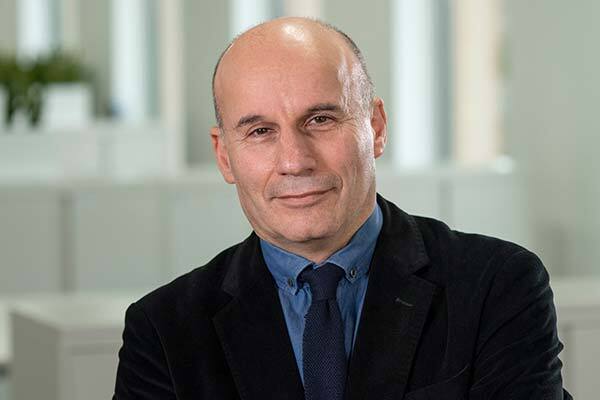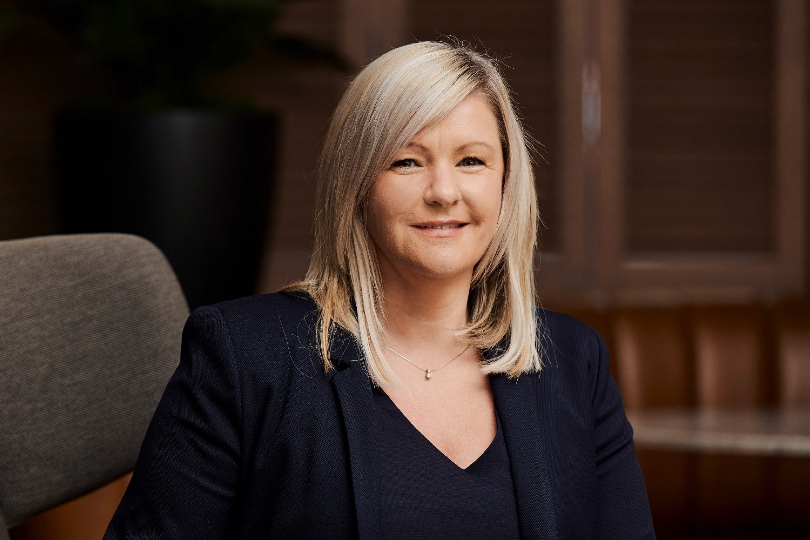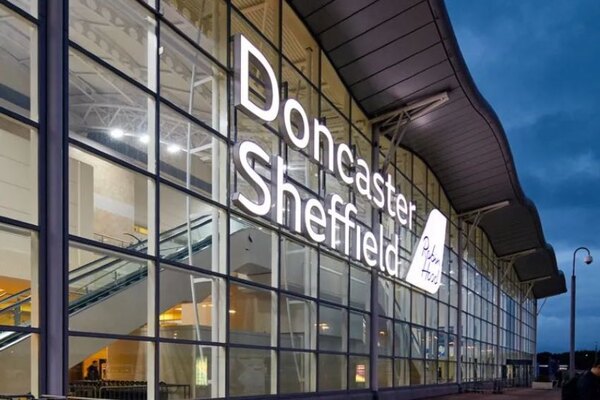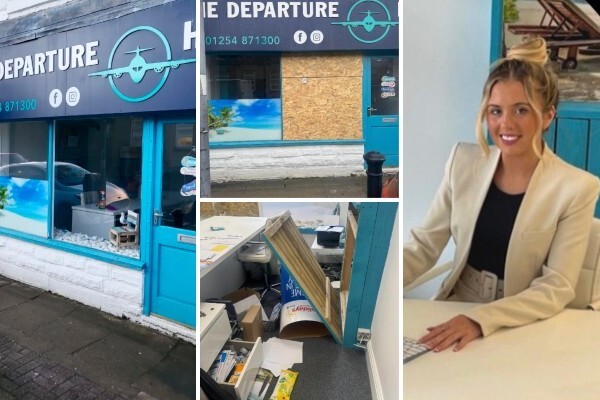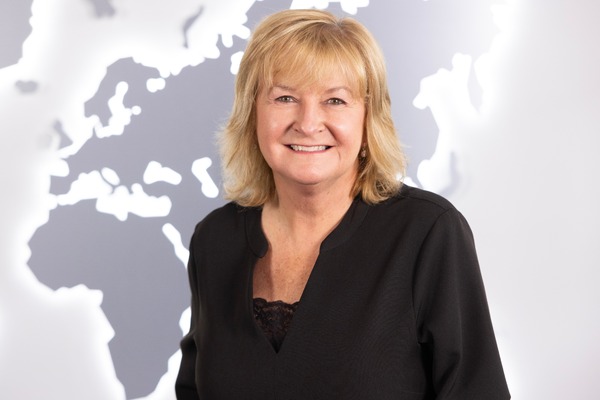Abta: Jury out on whether Budget will create a new 'feelgood factor'
 James Chapple
James ChappleA 2p cut in National Insurance may not be enough to create a new financial "feelgood factor", Abta has warned, despite travel and tourism "flourishing" over the past year in the tough economic climate.
Chancellor Jeremy Hunt on Wednesday (6 March) confirmed NI would fall to 8% for the employed and 6% for the self-employed, putting around an extra £450 and £350 a year, respectively, in people’s pockets.
Not Just Travel co-founder Steve Witt welcomed the news, claiming "any move that helps put more money in the pocket of the consumer is a good thing".
However, Abta chief executive Mark Tanzer said that while the decision "may put some money back in people’s pockets", total levels of taxation remained high.
"Travel and tourism have flourished in the past year despite this wider economic backdrop, but it remains to be seen if this move will create a new ’feelgood factor’ which encourages bookings," said Tanzer.
Tanzer said Abta welcomed an extension to the government’s Covid recovery loan scheme for small- and medium-sized businesses (SMEs) "at a time when the cost of doing business is increasing".
"Abta has been speaking regularly to government about the pressures facing Abta members and we continue to urge the government to work with banks to ensure leniency around repayment timelines to help businesses recover from the pandemic," said Tanzer.
He was less effusive, though, about the chancellor’s proposed increase in Air Passenger Duty (APD) on non-economy class flights, which he said "must not become the thing end of the wedge".
"Abta’s research shows travel and tourism can grow faster than the rest of the economy over the next few years, but only with the right policy framework," Tanzer continued.
"Any additional or new taxes on aviation have the potential to be a drag on our sector, at a time when the UK already has one of the greatest air travel tax burdens in the world.
"In a likely election year, we will continue to strongly communicate to both government and opposition parties the importance of our sector - in wealth creation, economic contribution, employment and trade."
Jacqueline Dobson, president of the Scottish Passenger Agents’ Association (SPAA), said the chancellor’s decision to raise APD was disappointing.
"This is a short-sighted move that will damage the ongoing recovery of the travel industry and the wider economy, especially in Scotland where we rely on international connectivity," said Dobson.
"The level of UK APD is already one of the highest in Europe, and this increase contributed further to making the country less competitive.
"Business travel is essential for many Scottish businesses. Increasing the cost of flying will make it harder for them to compete globally and attract investment and talent to Scotland. It will also discourage high value inbound visitors, who contribute significantly to our hospitality and cultural economies."
Dobson urged the UK government to work more closely with the Scottish government, and the industry, to find "a fairer and more sustainable way of taxing aviation".
"We need a system that supports the growth and recovery of the travel sector, while also addressing the environmental impact of flying and encouraging the development of greener technologies and fuels," added Dobson. "APD is not the answer to either of these challenges."
Sign up for weekday travel news and analysis straight to your inbox

James Chapple
Supplier Directory
Find contacts for 260+ travel suppliers. Type name, company or destination.
